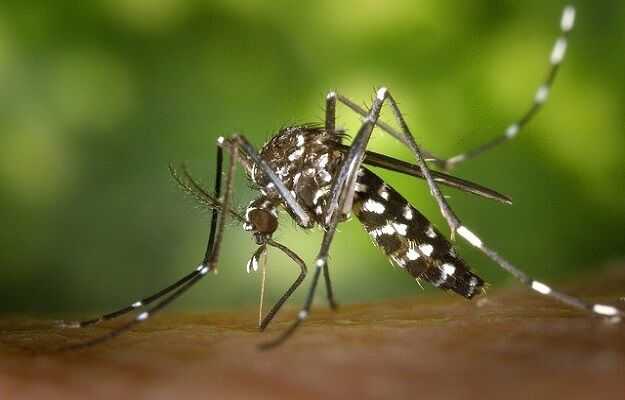Summary
In July 2020, in the midst of the COVID-19 pandemic, the Indian Council of Medical Research (ICMR) released a paper indicating its scientists had found antibodies against another virus—cat que virus—in two human serum samples (out of 883) and three mosquito species, namely Culex quinquefasciatus, Culex tritaeniorhynchus and Aedes aegypti, in India.
The paper has recently got a lot of attention: given that there are still many unknowns when it comes to the new coronavirus infection COVID-19, it's natural that there is an unprecedented interest in any new virus that may affect humans.
Cat que virus is an arbovirus that spreads through mosquito bites. Not much is known about this virus, except that it was first isolated in 2004 from mosquitoes while scientists were trying to find the cause of acute paediatric encephalitis in Vietnam, it has pigs as its primary mammalian hosts and though it can cause one-off or sporadic cases of infection in humans, scientists say it is unlikely to cause an outbreak.

 Doctors for Cat que virus infection
Doctors for Cat que virus infection 











































